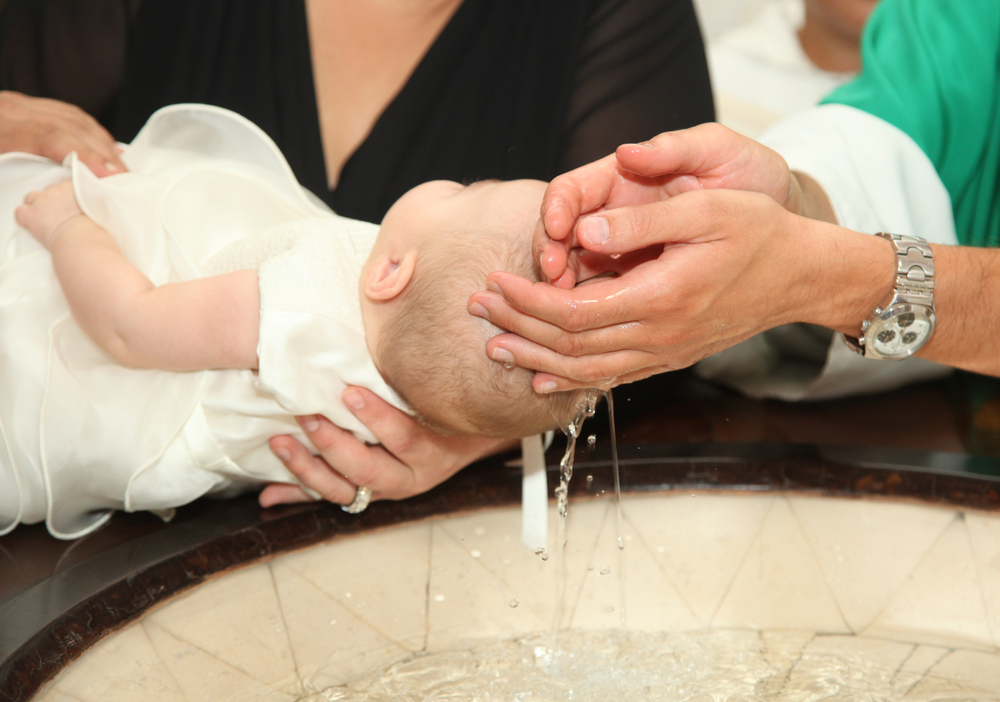Life Stages: Birth
Spanish society considers having children to be the chief purpose of marriage, and a woman’s life is thought incomplete if she does not bear children. Spaniards are doting parents who look after their babies with the utmost love and care.
Infants of both sexes are treated equally, apart from the fact that female infants’ ears are pierced in their first weeks of life. It is common to shave the infants’ head in the belief that it will make their hair grow stronger. Infants usually sleep with parents at first and then move in with their older siblings.
Maternity and infant care is available through the national health care system. Their outstanding performance has given Spain some of the lowest infant and maternal mortality rates in the world. Women generally opt to give birth in private hospitals. Home births are usually not available in Spain, although community midwives often help with antenatal issues.
Religious Customs
Roman Catholicism is Spain’s predominant religion and, even though few Spaniards visit church regularly, lavish Catholic rituals mark the life stages of almost every Spaniard. The birth of a baby is an important occasion in Spanish society, and it calls for a large social event at which the family displays its generosity and economic status.
The Roman Catholic baptismal ceremony, or christening, takes place in the church and is essential for every newborn baby. This rite signifies the new spiritual life that the baptized child is entering. After this ceremony the parents sign the baptismal register and receive a baptismal certificate, which is required later if the child enrolls in a Catholic school.
Reproductive Rights
Abortion requires permission from the Ministry of Health and is only allowed with the approval of two physical examiners and only in cases of rape, fetal deformation, or endangerment of the pregnant woman’s life.
Copyright © 1993—2025 World Trade Press. All rights reserved.

 Spain
Spain 